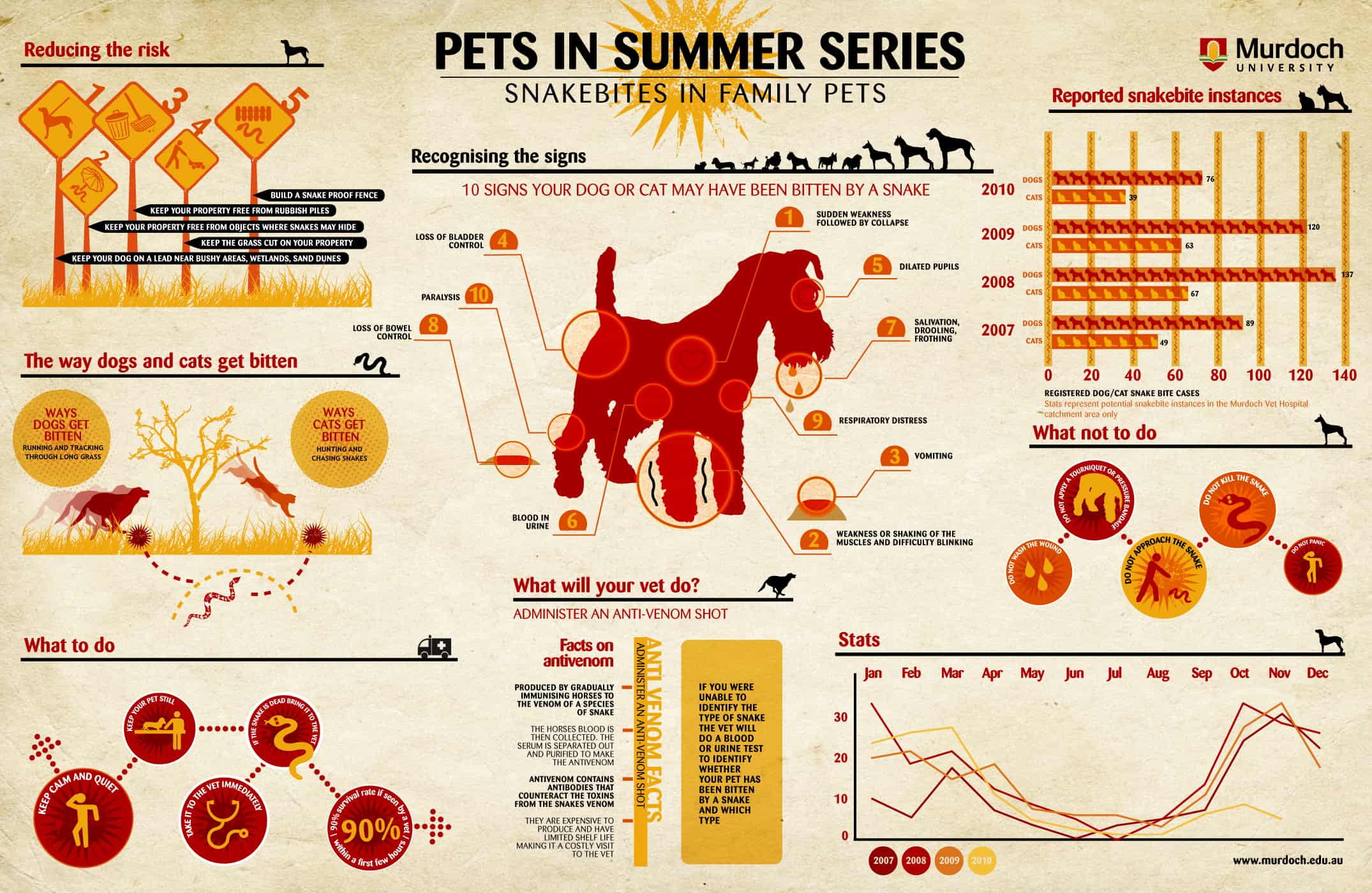How To Choose Dog Daycare
How To Choose Dog Daycare
Blog Article
Can Pet Daycare Reason Health Problem?
Opportunities are that if your canine is frequently exposed to various other pet dogs, even if they're correctly vaccinated, they might get home with some kind of health problem. Vaccinations, regular vet examinations, and great health methods can minimize threat aspects for infection and disease.
Worried or nervous pet dogs can establish stomach issues and various other health and wellness problems that are quickly spread between pet dogs. Establishing age limitations and behavioral policies can assist make sure that just healthy pet dogs enter your facility.
Distemper
Canine distemper is a severe and commonly deadly infection that assaults a canine's breathing, gastrointestinal, skin and immune systems. Puppies are especially vulnerable and can contract the disease through direct contact with an infected pet or via the air-borne transmission of infection bits discharged throughout coughing, sneezing or taking a breath.
The incubation period for canine distemper is between 3 and 7 days. While pups at daycare might appear to catch parvo from another infected dog, it's not likely considering that the incubation duration is so short.
While there is no cure for canine distemper, supportive care can aid pet dogs recuperate. This includes fluids, antibiotics and drugs to regulate seizures. The Drake Facility for Vet Care notes that symptoms include drippy eyes and nose, diarrhea, vomiting, loss of appetite and neurological troubles such as twitching and tremblings. Young puppies need a full vaccination collection and annual boosters to secure them against this disease, which is why reputable doggie childcare facilities require up-to-date vaccinations.
Kennel Coughing
Kennel Cough (Canine Transmittable Tracheobronchitis) is a very infectious upper respiratory problem triggered by germs and viruses. It spreads via airborne droplets from a coughing or sneeze, straight contact, and sharing of infected things such as toys or water bowls. It is endemic in position where lots of canines are housed close together, such as kennels, dog parks, brushing beauty salons and shows. Several vaccines are readily available to safeguard against the virus that trigger kennel cough, and correct hygiene practices can aid avoid infection.
The classic signs and symptom is a dry, hacking coughing comparable to that of a goose honk, and most pets recuperate with little intervention. Nonetheless, serious cases can cause pneumonia, and pups or dogs with pre-existing ailment are at greater danger for complications. To speed up recuperation, utilize a harness as opposed to a collar while your canine is recouping to prevent irritation to the windpipe. A humidifier may additionally assist to moisten the air and stop dry coughing.
Parvovirus
Parvovirus (CPV) is a severe disease in pet dogs. It is similar to feline panleukopenia (feline distemper), yet it's a lot more fatal and can spread out quickly amongst canines as a result of its incredibly resistant nature.
This virus attacks the digestive lining of a pet dog, destroying it and triggering bacteria to dismiss right into the blood stream. The damaged immune system and frustrating bacteria bring about septic shock, which is usually deadly.
The good news is, veterinary health centers provide reliable treatment for parvovirus. These drugs are given straight into a person's bloodstream and targeted in the direction of the specific stress of parvovirus. This therapy method is very effective and assists re-train the immune system to combat off the infection. Dogs with serious signs and symptoms are frequently hospitalized for a number of days for monitoring and intensive like ensure their survival. Young puppies, unvaccinated pets and dogs with weak body immune systems are specifically vulnerable to parvovirus. This is specifically true for young puppies birthed to roaming mothers and sanctuary settings, where they are exposed to numerous various other unwell and susceptible pet dogs.
Pooch Influenza
Dog flu (CIV) is a contagious breathing condition that can be caused by canines sharing infected surface areas or direct contact with breathing secretions. CIV spreads conveniently in environments where there are high varieties of pets, such as dog parks, day cares, brushing centers and vet facilities.
Infected canines dropped the infection via aerosol respiratory droplets when coughing or sneezing, and might infect things dog boarding and training near me they come into contact with like cages, toys, food bowls, chains and the hands and apparel of people who handle them. Canines can additionally be "quiet service providers" spreading the infection without revealing any symptoms themselves.
Signs of canine flu consist of nose and eye discharge, coughing, fever, anorexia nervosa, and weak point. The infection can proceed to pneumonia, which can be fatal in some canines. PCR viral testing is offered for verification of infection. Preferably, examples (usually deep nasal or pharyngeal swabs) for PCR screening should be gathered within 4 days of the start of professional signs.